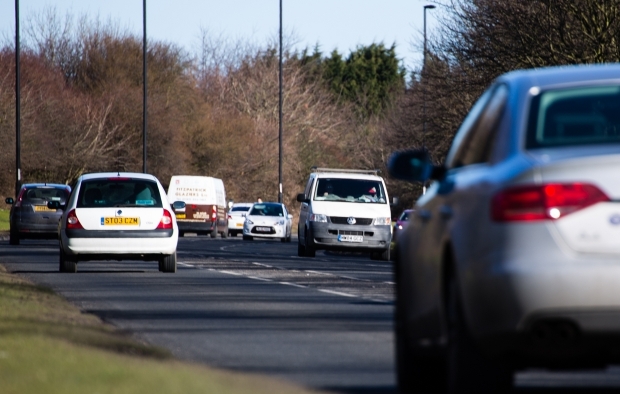
- Home
- News
- Road Traffic
- Car Sales Slump as Society Holds Fire

Car Sales Slump as Society Holds Fire
Can you guess the best-selling car for the month of September?
If you guessed Vauxhall Corsa, you’d be right. The middle of the range offering was bought 10,553 times, with the Ford Fiesta lagging behind in second with 9,545 sales. The Mercedes Benz A-Class completed the top three with 8,085.
These are well below year-on-year sales which fell 4.4% compared to September last year. Traditionally, this month and March see a surge in new UK car registrations as licence plate changes come into effect.
The Society of Motor Manufacturers and Traders (SMMT) chief executive Mike Hawes, as quoted by the BBC, said; “The sector now expects an overall 30.6% market decline by the end of the year, equivalent to some £21.2bn in lost sales.”
Why have customers not returned to car buying? Here’s a few reasons:
Covid-19 crisis continues
The on-going crisis involving Covid-19 has had a huge, long-lasting impact on society, and in all industries, as a national lockdown from March saw unprecedented business interruption. Car-making factories were closed and production lines halted. Showrooms were shut and no sales were made for months.
Furthermore, when they reopened, they have done so in the hope of welcoming back uncertain potential buyers. But with the threat of further lockdowns, certainly in a more regional sense, the future is far from certain between now and the end of the year at the very least.
Impact of the crisis threatens finances
Those potential buyers are facing their own difficult circumstances, making car buying much less of a priority. As businesses struggle with lost revenue and seek to lower costs, inevitably the threat of redundancies has increased massively.
As this uncertainty looms, people are hedging their bets and focusing on building cash reserves should they face unemployment in the near future, rather than splashing out on a new car or entering into a monthly payment plan.
Next car model; stick or twist?
The car industry is facing revolutionary changes long-term as the UK government seeks to rein in pollution figures and achieve specific greenhouse gas emission targets by 2050. As part of this, there will be a ban on new sales of petrol and diesel cars by 2035, leaving buyers facing a dilemma.
Do they buy petrol or diesel and then change over to electric closer to the deadline when the prices may be cheaper as mass production ramps up, or jump into electric vehicles now and face the challenges these vehicles bring (insufficient charging points/having a suitable charging point at home). Alternatively, they could keep hold of their current vehicle as they seek to avoid big purchases with job uncertainty prevalent in society.
It seems the future of the car industry is as uncertain as it has ever been.
Share this article
Request a Callback
Had an accident that wasn’t your fault? Leave your details and we’ll call you back.
Thank you
Thank you for your request, one of our team members will be in touch shortly.
Find Out MoreExisting Client?
Keep on top of your claim 24/7, 365 days a year with Touchpoint, accessible from any internet-enabled device.



